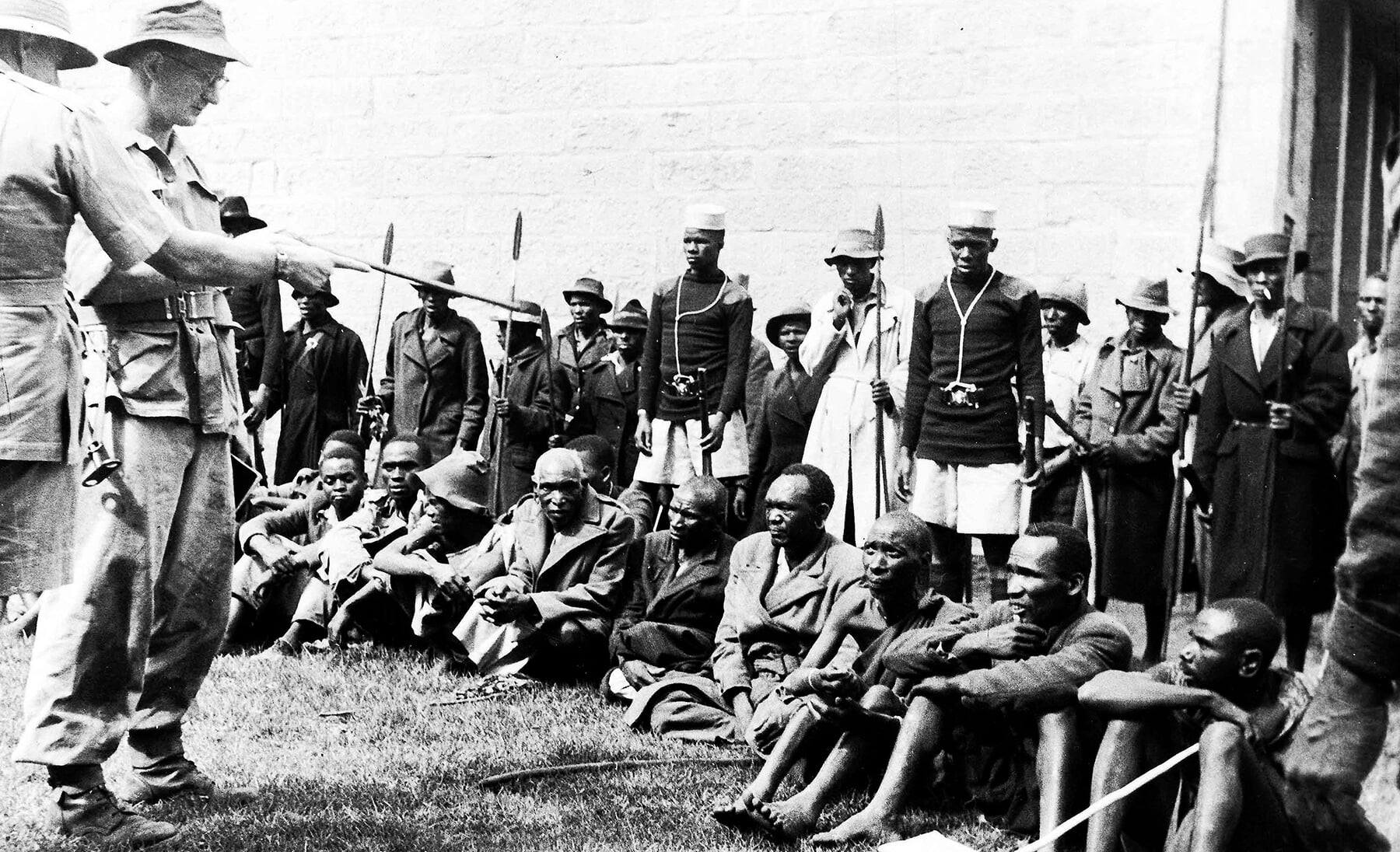In the annals of history, the Gulags of colonial Kenya loom large, casting shadows that still ripple through our cultural landscape today. Under colonial rule, the Europeans clung to the illusion of perpetual dominance, crafting policies that favored their own interests while disregarding those of the indigenous Africans. The colonial public service was predominantly staffed by European experts, with Africans excluded due to perceived deficiencies in competencies, knowledge, skills, and attitude.
This week on What’s On Your Shelf? podcast, I had the privilege of engaging in a profound dialogue with Mūmbi Kaigwa, a luminary of the stage and screen whose illustrious career spans half a century. Her unwavering dedication to the arts has garnered international acclaim, and as we delved into the treasures of her personal library, one book stood out in particular: “Britain’s Gulag: The Brutal End of Empire in Kenya” by Caroline Elkins.
Published in 2005, Elkins’ work peels back the layers of history to expose the horrors of the Mau Mau Uprising in the 1950s, revealing the atrocities perpetrated by the British colonial administration. Through meticulous research, Elkins unveils a chilling narrative of mass detention, torture, and human rights abuses, sparking a seismic reevaluation of Britain’s colonial legacy in Kenya.
The echoes of colonial oppression reverberate throughout Kenya’s history, spanning a tumultuous 68-year period of British rule. Yet, amidst the darkness, glimmers of justice emerge. In 2013, the British government, compelled by the weight of history and the publishing of Caroline Elkin’s book, offered reparations to some of those who had suffered during the Mau Mau Uprising. While this gesture marked a significant step towards acknowledging past wrongs, it also underscored the complexity of addressing the enduring legacy of colonialism. The settlement amounted to £19.9 million (approximately $30 million at the time), which was divided among around 5,228 claimants, in addition to which the British government issued a formal apology for the abuses inflicted during the colonial era.
Today, the effects of British colonial rule continue to shape Kenya’s social, economic, and political landscape. As we navigate the complexities of our cultural tapestry, it is imperative that we confront our shared history with honesty and empathy. Only by acknowledging the shadows of the past can we chart a path towards a more just and equitable future.
You can listen to the full conversation here:




